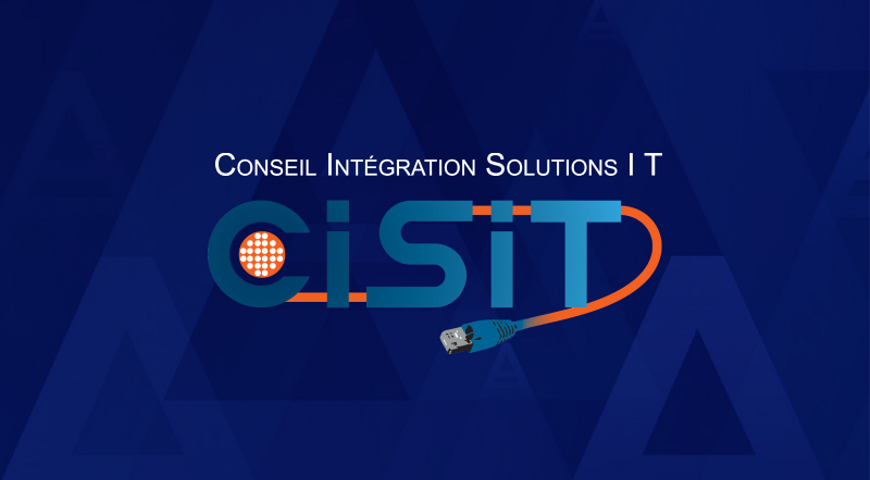More U.S. cities are striving to improve their outdated IT operations — an effort that could save these local governments time and money. Migrating data from legacy data centers to the latest architectures and tools is a complicated process that can be timely and can result in data loss if not carried out correctly. To simplify the process and save on costs, these government agencies are using the cloud in a backup role, as a resource to absorb any data spikes that can occur and as a disaster recovery unit.
When Asheville, N.C. needed to upgrade its data center, the city was facing a tight budget that only had room to support disaster recovery plans for a limited amount of applications. With the cloud, the city was able to move its disaster recovery operations to a usage-based pricing model that enables the city to use the cloud as a backup as needed during a disaster instead of paying for the ongoing costs of operating an entire physical disaster recovery unit.
The city of San Jose, Calif., is also planning to use the cloud as a backup mechanism. According to the city's CIO, Vijay Sammeta, San Jose will migrate its virtual machines to the cloud over a 12 to 18 month period to manage backup and recovery needs. Other cities following in their wake include Newington, Mass., and Oakland County, Mich.
Sammeta says, “When you think about all the components of a highly available service delivery stack: network, servers, database and the applications, it starts [to] make a lot of sense to simply let someone else worry about that and just build redundancy to the Internet."
Read more at GCN
Must Reads:
IT Pros Need to Prepare for Wearable Data
Wearable technology is set to have a notable impact on enterprise data structure as consumers begin to create and search for more data than ever before. Wearables will mean that organizations will have to be prepared for the likelihood of unpredictable data spikes that will be larger than in the past.
Read more at Data Center Knowledge
Big Data Storage: Data Lakes vs. Data Streams
There's too much data being generated today to store it all the same way. Organizations that want to make the most of their big data can take a more strategic approach with prioritized data storage.
Read more at TechRepublic
Why You Should Data Hoard
Usually, hoarding is an unadvisable practice. However, when it comes to data, Bill Schmarzo, chief technical officer of EMC Global Services, says you can't save enough.
Read more at InformationWeek
About Acronis
A Swiss company founded in Singapore in 2003, Acronis has 15 offices worldwide and employees in 50+ countries. Acronis Cyber Protect Cloud is available in 26 languages in 150 countries and is used by over 21,000 service providers to protect over 750,000 businesses.



